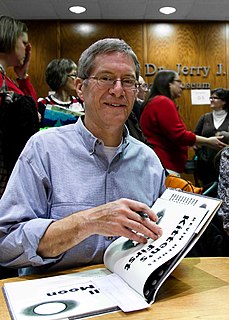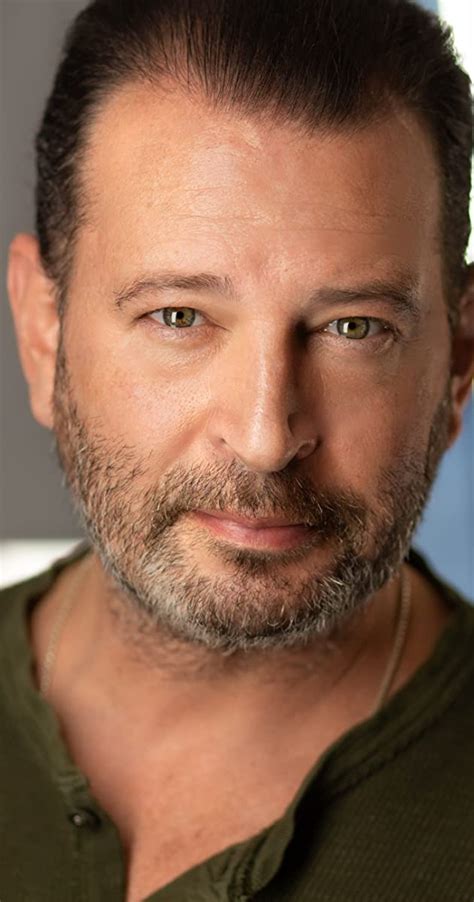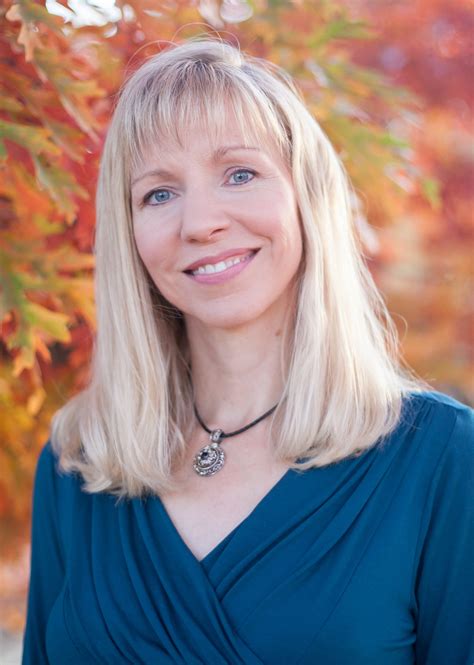A Quote by Lois Lowry
What comes to me always is a character, a scene, a moment. That's going to be the beginning. Then, as I write, I begin to perceive an ending. I begin to see a destination, although sometimes that changes. And then, of course, there's the whole middle section looming.
Related Quotes
I let myself go at the beginning and write with an easy mind, but by the time I get to the middle I begin to grow timid and to fear my story will be too long. . .That is why the beginning of my stories is always very promising and looks as though I were starting on a novel, and the middle is huddled and timid, and the end is...like fireworks.
Have you ever noticed the fact that once you begin to think about something, you see it everywhere? Anyone who has ever begun the search for a new automobile can attest, from the moment you Google it, you begin to pass that model in traffic everywhere. Of course, they were there the whole time; we simply didn't have them at top of mind.
Even one word, or certainly one sentence, should be able to describe the basic characteristic that the scene has, or the character has, or the story has. And then you begin to detail that one spine, and you have offshoots from that spine, and it becomes more and more complex, but all of it stems from that one-word, one-line theme, which can give the character, the scene, or the play its uniqueness.
My editor and I remain very disciplined. It's just sometimes when you're making a film, you get into the cutting room and you see a scene that's slowing you down in a certain section, but if you remove that scene then, emotionally or story-wise, another scene a half-hour later won't have the same impact. You just get stuck with it.
When I set out to write a screenplay, I have in my mind a beginning and an end but that end part continually changes as I start to write the middle. That way by the time the screenplay is finished I have taken myself and my audience from a familiar beginning point through the story to an unfamiliar ending point.






































